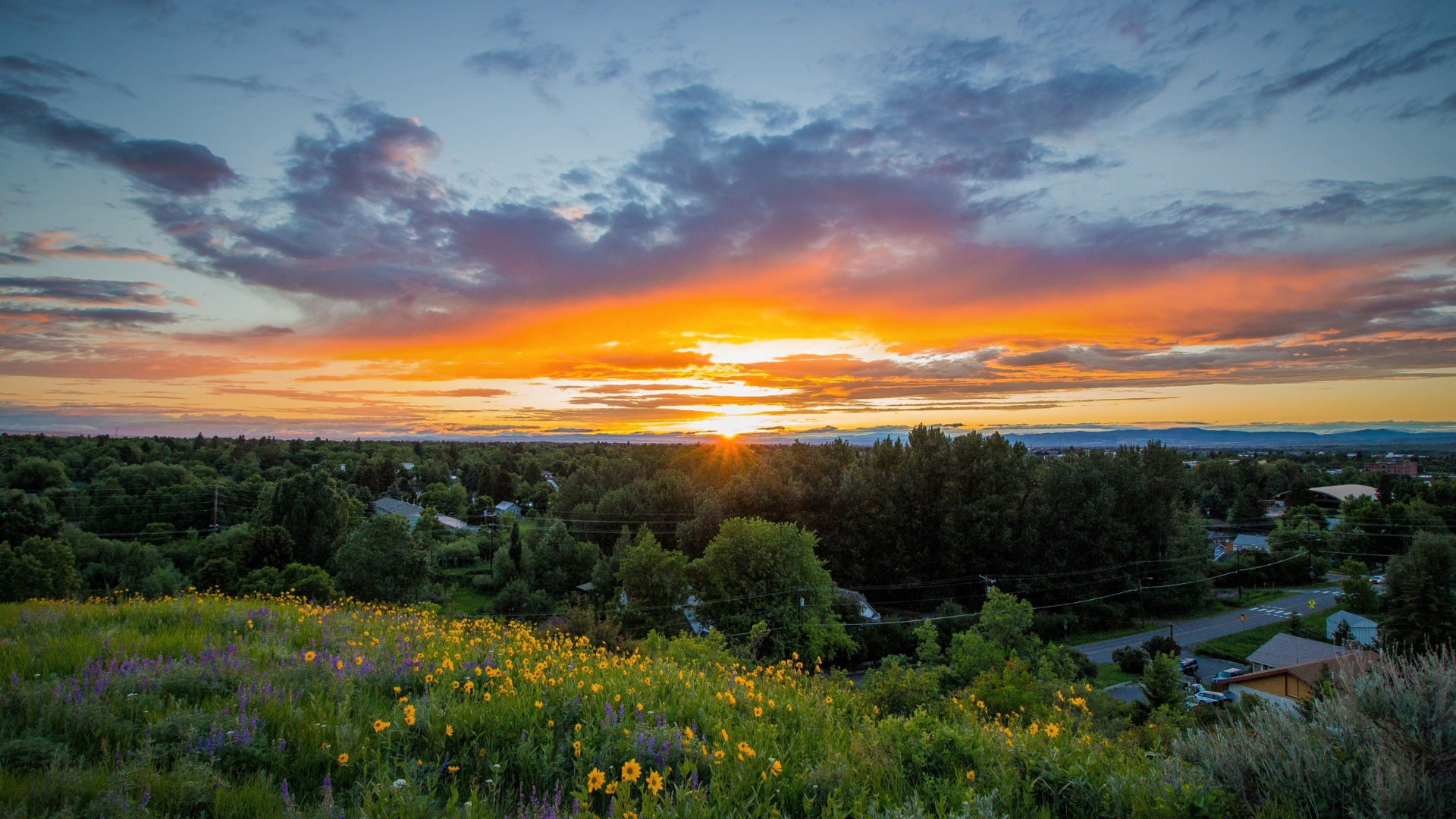By DOROTHY BRADLEY
Guest columnist
This gorgeous and warm December, I find myself torn by each day’s beauty. Will this mild mannered December provide a moment of grace for the ranchers, will it be a devastating blow to ski areas, will the bears come wandering down from the mountains looking for spring, will the warm sun provide more bait for out-of-staters to migrate here for longer portions of their annual calendar?
This past summer, every one of us – everyone who set out on a familiar trail, or walked to an old fishing hole, or put the canoe on a stretch of a quiet river, or stepped into a latrine at a familiar campground, or looked for a parking place at a lakeshore – knows that a new world has descended on Montana.
What is going to happen this summer of 2021? We all know, when we force ourselves to think the unthinkable, that the human passion for all things Montana is going to be worse in the summer
of 2021 than it was in the summer of 2020.
How does Montana prepare for being loved to death? What do we do – the last stewards who believe in protecting a few remnants of the wild lands, some critical habitat for the mountain goats, and safe waters for the fish and waterfowl – what do we do?
The only thing I can envision, is that to all levels of government involved in public resources, we must strongly and verbally support the concept of human restraint – regulations – the limiting of our impact by embracing a system of enforceable rules to curb the enthusiasm.
Don’t we all hate this predicament! I would never have imagined such a necessity in my Gallatin life of canoeing the Jeff and ascending Blackmore. I was raised to believe if we were careful – if we carried out our trash and covered up the remains of our campfires — that there was room for everyone. Today is a different day.
On the other hand, we also know that guardrails can be effective, and we have ample examples when an enlightened public put protection of the resource above unlimited overuse. A lottery to float the Smith River, reservations for camp sites – these techniques recognize the carrying capacity of the landscapes we love, while spreading out the human use and guaranteeing a quality experience.
We all have our horror stories from last summer. They bring to mind a photo of the final jagged ridge to Mount Everest – an unbroken line of humans, waiting for their moment of triumph on the summit. Really?
Many wilderness study areas in Montana and the Custer Gallatin National Forest are already overrun with human traffic. Montana’s state parks were swarmed this year far beyond what the paltry numbers of personnel, their small budgets, and their inadequate privies could manage.
Fishing rivers – oh my goodness – flotillas thick enough to allow a passerby to step from boat to boat across the entire stream.
Who can we blame for this state of affairs? For me, it always goes back to the old adage on which I cut my political teeth, “We have met the enemy and he is us.”
Are we willing to be proactive?
These are the same public lands we heard lauded night after night during the last five months of the election’s advertising barrage. Candidates in their outdoor gear were beating each other up trying to support public lands more than their opponent. So what about now – now that we have met the enemy, and he will be arriving by bike, RV, and jet boat in a few short months? Can we
grasp this new reality?
We often accelerate regulations in times of emergencies. Once upon a time we even agreed to a 60 mph speed limit on our highways when we were short of fuel.
For a starter, we could request a freeze on any political action for all wilderness study areas for the duration of 2021, allowing for another year’s experience with the accelerating demands, and
providing for comprehensive ecological and sociological studies rather than all our anecdotes.
We could establish emergency reservation systems for camping on any public lands, lotteries for river access, and hefty fines for breaking the law.
We can do this. Will we step up to the last call of the wild?
Dorothy Bradley is a former state representative from Bozeman.
Bozeman Daily Chronicle Guest Editorial 12/23/20

